Our text for today is from The New York Times of September 9:
More than 60 percent of likely voters said the next president should represent a major change from Mr. Biden, but only 25 percent said the vice president represented that change, while 53 percent said Mr. Trump, the former president, did.*
God spare us changes.
Americans have trouble resisting the idea of change. We are always undergoing some sort of self-renovation in our lives. We believe in the power of sudden conversions and epiphanies, ten-step programs, and turning over new leaves. To paraphrase Richard Daley’s old joke about voting, Americans believe in getting a new life early and often.
As we also know only too well, innovation has become the golden calf of the business world, into whose worship our brightest students at our best universities are being initiated from the moment they arrive. They have little interest in working for established companies with solid numbers and good managers. They hope instead to strike it rich by coming up with some gimmick—an app that generates new apps that protect against other apps!—or work on financing others’ gimmicks. The plastic trinkets of Peter Thiel charm them more than the antique jewels Warren Buffett keeps accumulating.
And of course our political language is larded with the c-word. All elections are about change: incumbents want to keep their jobs; challengers try to persuade voters they would do them better. But political institutions, even democratic ones, are not “about” change. They are “about” creating an environment in which changes can be considered and consent to them can be mobilized within the limits of the law. This used to be true even of our political parties, which were homes for different constituencies that might have shared only just enough to try winning elections and governing together—which was the whole point. The Democrats and Republicans of old were ideologically piebald, and stronger for it.
Then, as we know, the Democratic Party underwent major structural changes in the 1970s, which was only partly a good thing. Transparency was lacking in party deliberations, and many voices in society—minorities, women, gays and lesbians, young people—were not being heard. But the opening up of the party also shifted the energies of liberals from winning elections for a wide range of interests toward becoming activists on single issues and demanding immediate results. Protests and court cases became more important than canvassing and persuading. This resulted in progress on many important matters, but the common good of the party as a whole began drifting out of view. As a Democratic fundraiser once ruefully told me, “People in my class care about only three things, in this order: my pet issue, my pet candidate, and the next election.”
One of the unintended and regrettable effects of the new focus on single issues was that it reshaped how civics was taught in American schools. The old approach was to teach the founding principles of the US Constitution and how our institutions were meant to function within the rule of law. Today, if schoolchildren get any civics education at all, it tends to focus on getting them to choose a single cause, learn what they can about it, and become active “agents of change.” Activism is important in a democracy, but to be effective it has to be grounded in a solid sense of how the system works and why. In particular, young people need reminding that if you don’t win elections—which means appealing to people you disagree with and compromising—your activism will be ineffective.
For centrist liberals like myself, the 2024 election, like the past two, is not about “making social change.” It is not even primarily about blocking Trump and his allies from making disastrous policy. It is more fundamentally about preserving our liberal democratic political institutions. It is one thing to win an election; it is a more fundamental achievement to ensure that all future elections remain free, fair, and open to all. Today we feel called upon to preserve and protect, to be—in the original sense of the word—conservatives.
One of the most interesting, and encouraging, interviews of an American politician in recent years was one Rachel Maddow did with Liz Cheney on MSNBC in 2023. Cheney was there to promote her book Oath and Honor, on the riot of January 6, 2021, and the hearings she subsequently helped lead on the White House’s involvement in fomenting it. At first Maddow defensively reassured her progressive viewers that she really, really disagreed with Cheney on almost everything related to policy. Yet once they started conversing, it became apparent how much they shared. Viewers saw two (write it) patriots who understood that not all change is good change, and that in these times a different sort of political rhetoric is required to focus our attention on the stake we have in preserving our institutions. Both are voting for Kamala Harris, and personally I’d be happy to see both of them in her cabinet.



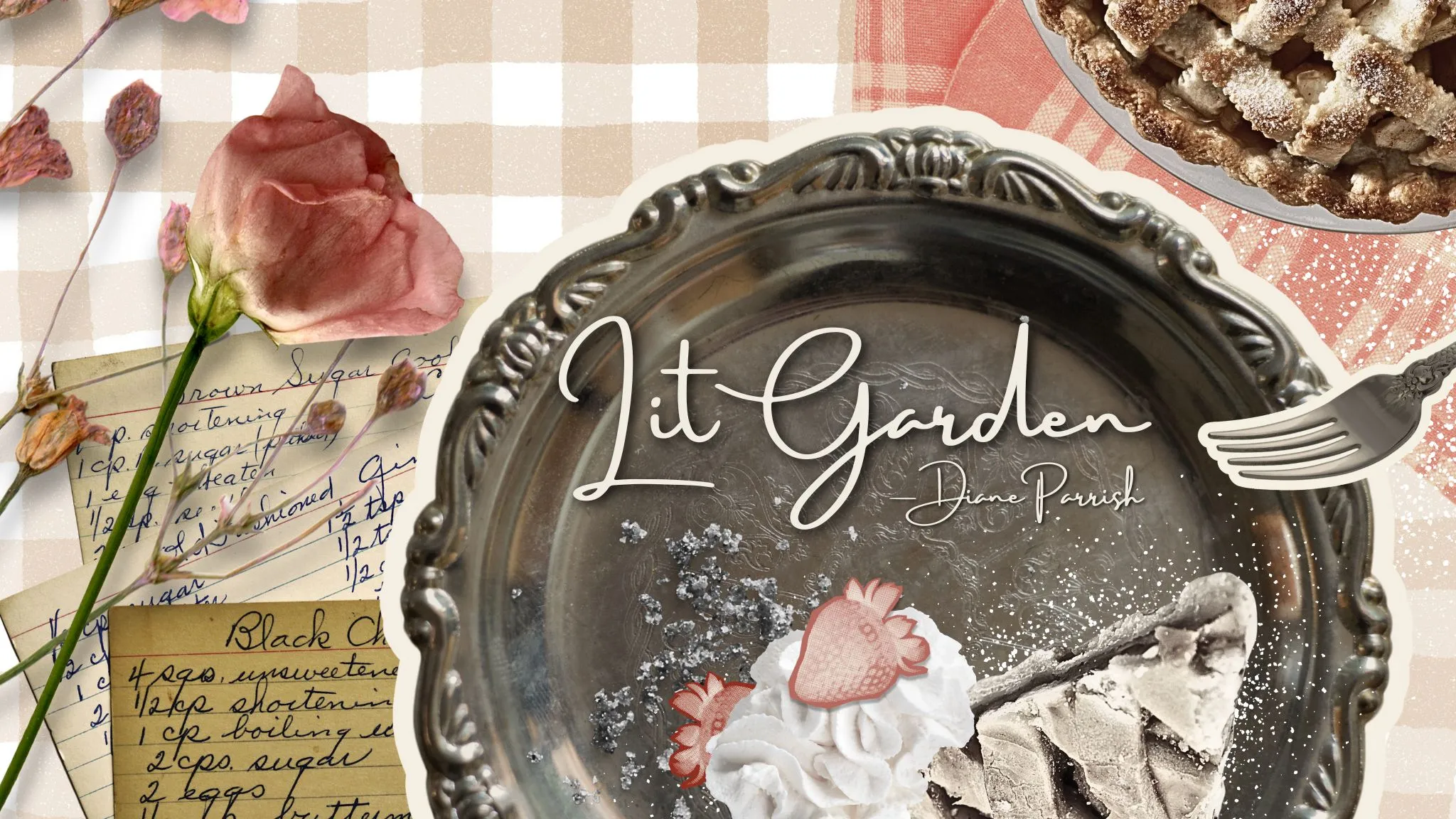


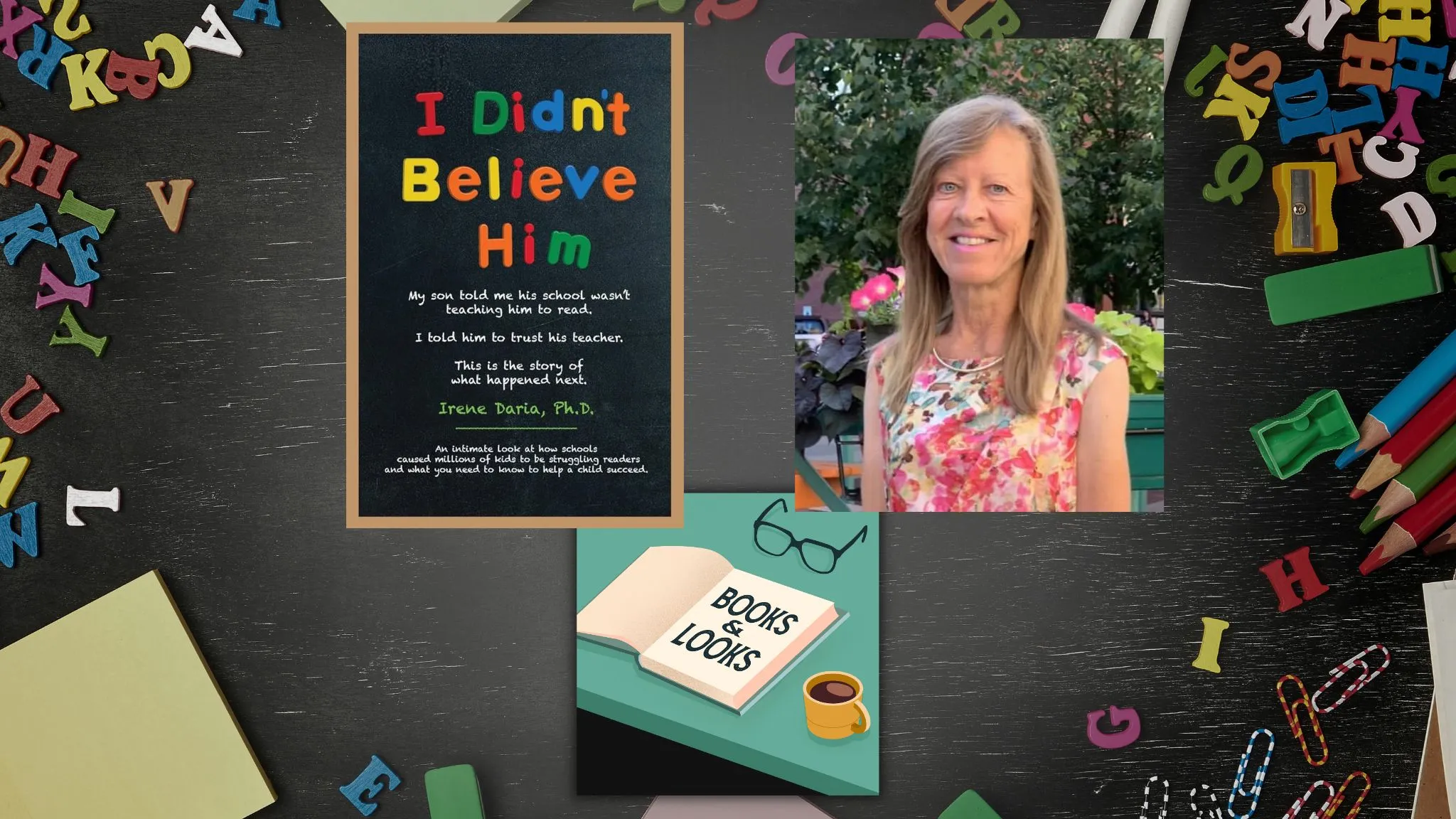



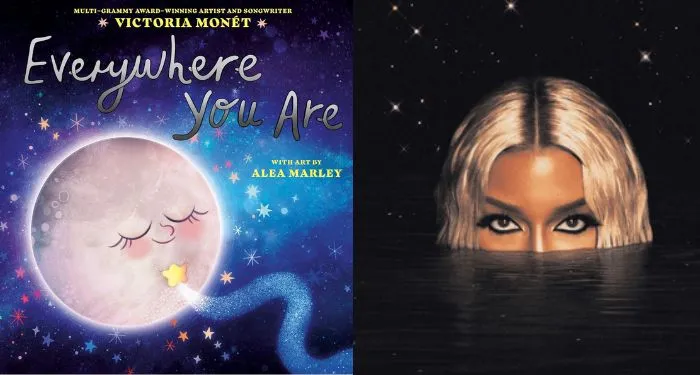


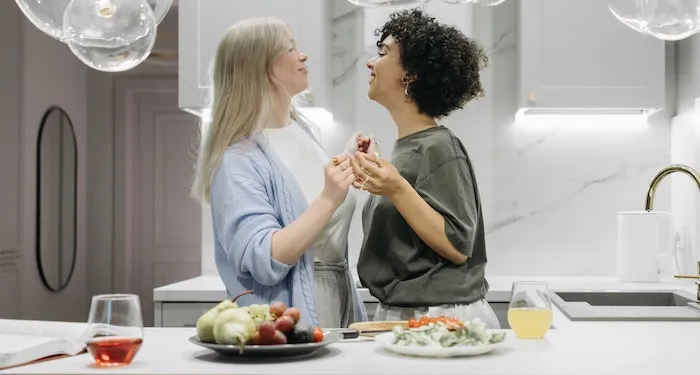

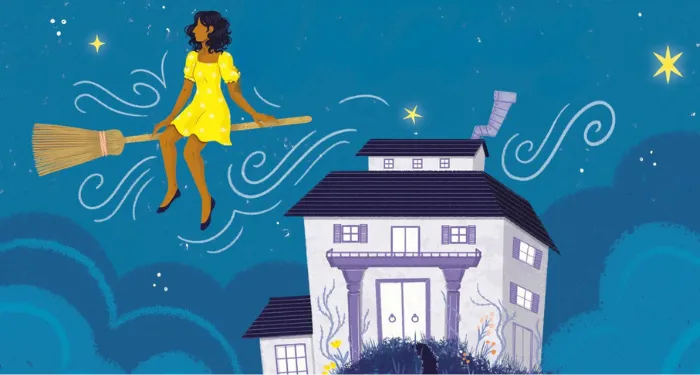



 English (US) ·
English (US) ·